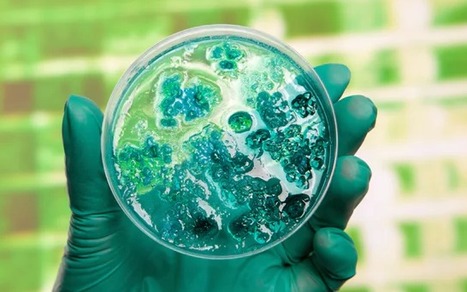By guiding evolution, scientists have managed to manipulate micro-organisms into producing useful new drugs and materials, but it’s a time-consuming process. Now, UNC researchers have developed a new tool that speeds up the process in mammalian cells, creating new therapeutics in a matter of days.
In nature, evolution begins as environmental factors place pressure on lifeforms. Over generations, random mutations in some individuals give them an edge, making them more likely to survive and reproduce. That in turn means those useful genes are passed down to their offspring, until that trait becomes standard in the species.
Directed evolution is essentially what happens when humans take the reins. By deliberately controlling the environmental pressures on microbes, scientists can guide them to evolve certain traits, then select the ones that do and repeat the process until they have the desired outcome. The groundbreaking technique earned its developers the2018 Nobel Prize in chemistry.
The new system has been dubbed VEGAS, which stands for Viral Evolution of Genetically Actuating Sequences. It's based around the Sindbis virus, because of its ability to quickly spread and mutate. The team introduce the virus into a culture dish of cells, and try to guide it to mutate so that it can perform a specific function in those mammalian cells – say, switch on certain genes or activate a protein. The scientists then tune the environment to conditions that allow only those desired mutant genes to thrive. In their experiments, the UNC researchers started by focusing on a protein called a tetracycline transactivator (tTA), a protein that activates genes and is a common subject in these kinds of tests. Certain antibiotics, such as doxycycline, usually prevent this protein from working, so the researchers tested the VEGAS system by trying to direct tTA to evolve a resistance to these antibiotics. And sure enough, the team managed to create a new version of tTA with 22 mutations that allowed it to keep working, even with high levels of doxycycline. Best of all, they managed to create this in just seven days.



 Your new post is loading...
Your new post is loading...








